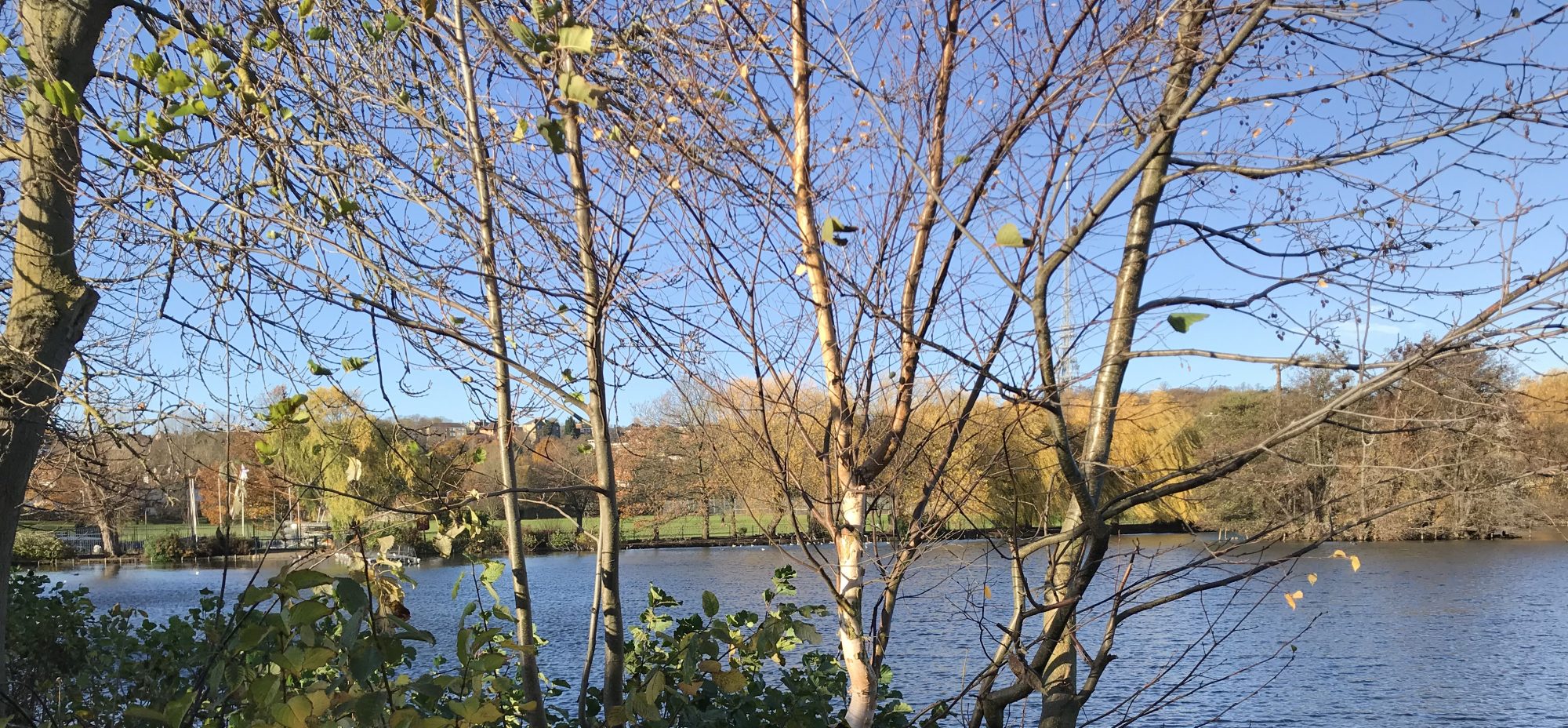What is counselling?
There are a number of resources I’d recommend if you are interested in learning more and deepening your understanding of what counselling is:
- the BACP (British Association for Counselling & Psychotherapy)
- the Counselling Directory .
I trained as a person centred counsellor. This training sits within the humanistic talking therapies, pioneered by Carl Rogers.
This approach fundamentally places the client as the expert of their own experience. The counsellor endeavours to offer an authentic, empathic and non judgemental space for a client to explore what is on their mind. This might sound simple, but in practice, it is an on going process and practice that requires dedication and focus.
In such an environment, over time, clients begin to feel empowered, have increasing access to a wider range of emotions, self awareness and acceptance. This leads to a better relationship with self and others.
Some books by Carl Rogers:
‘On becoming a Person’
‘A Way of Being’
Some of my other favourite books by other authors, that are accessible and not too dense, and have provided much joy, laughter and insight include:
‘Love’s Executioner and Other Tales of Psychotherapy’ by Irvin Yalom
‘The Gift of Therapy’ by Irvin Yalom
‘Teach us to Sit Still’ by Tim Parks
‘Man’s Search for Meaning’ by Viktor Frankl
What’s the difference between counselling and psychotherapy?
The two are used interchangeably. Some therapy folk feel very strongly about the difference, others don’t.
What you will come across and in general, counselling refers to shorter term work. Psychotherapy is often longer and more in depth.
I don’t feel strongly about the difference. What I offer is both and as a person centred therapist, I will always be guided by you as the client.
